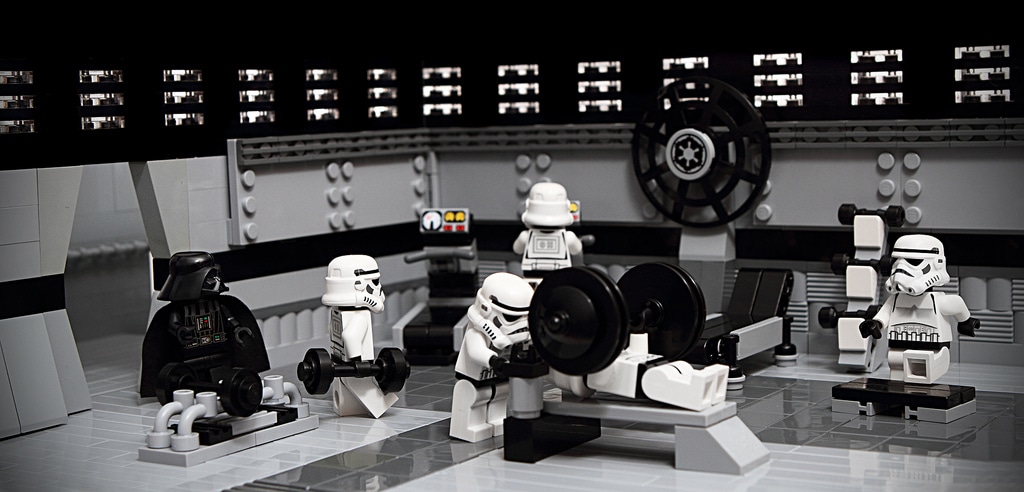Motions for Summary Judgment Filed in eBook Price-Fixing Lawsuit


In late 2013 and early 2014 a trio of ebook retailers filed their own antitrust lawsuits against Apple and five US publishers.
Australian ebook startup DNAML, Abbey House Media (the defunct ebook retailer BooksOnBoard), and Lavoho (the deceaed ebook retailer Diesel eBooks) allege that the 2010 conspiracy between Apple and the five US publishers (HarperCollins, Hachette, Macmillan, Penguin, and Simon & Schuster) harmed their business and drove the two retailers out of business.
That conspiracy raised and fixed prices, and the retailers allege that it made it impossible for the retailers to compete. They had built their businesses on price discounts and other deals, and when that was taken away the retailers eventually went out of business.
Their lawsuits were combined and certified as a class action suit in March 2014 by Judge Denise Cote. The case was allowed to go forward (in June 2014), and then the parties were sent to mediation in August 2014, but there has been little to report since then.
But now we have news of motions for summary judgement being filed last week. PW reports that both sides have filed motions.
In the retailers’s bid for summary judgment, filed last Friday, they argue that the facts of the case——is enough for Judge Denise Cote to grant summary judgment to DNAML “on the element of liability.”
At press time, Apple’s and the publishers' briefs supporting their motions for summary judgment were not yet public. Both the publishers and Apple have previously argued, however, the nascent retail businesses were hardly players in the e-book market, and could have folded for many reasons. The publishers portray DNAML as a “small, one person, Australian software company” with “no e-reader, no App, and nothing else to distinguish it from the already established competitors in the space, including Amazon and Barnes & Noble.”
Given that Apple and the five publishers have already lost (or settled) the ebook antitrust suit filed by the DoJ and 33 states, the retailers have a strong case (DNAML, less so).
Each of the retailers amounted to well under 1% of the US ebook market, so even if the retailers do win and are awarded damages it won’t amount to much. But even if they win, Judge Cote has already indicated that proving damages in terms of lost ebook was going to be difficult "in the extreme".
DNAML, on the other hand, stands a good chance of recouping its failed ebook investments should it win the case. Judge Cote has also noted that Dnaml’s lost investment in their business "may be reasonably quantifiable".
The summary judgment phase of the trial, including all replies, is scheduled to be complete by 30 October. Judge Cote’s ruling will be issued some time after that.
image by katerha


No Comments